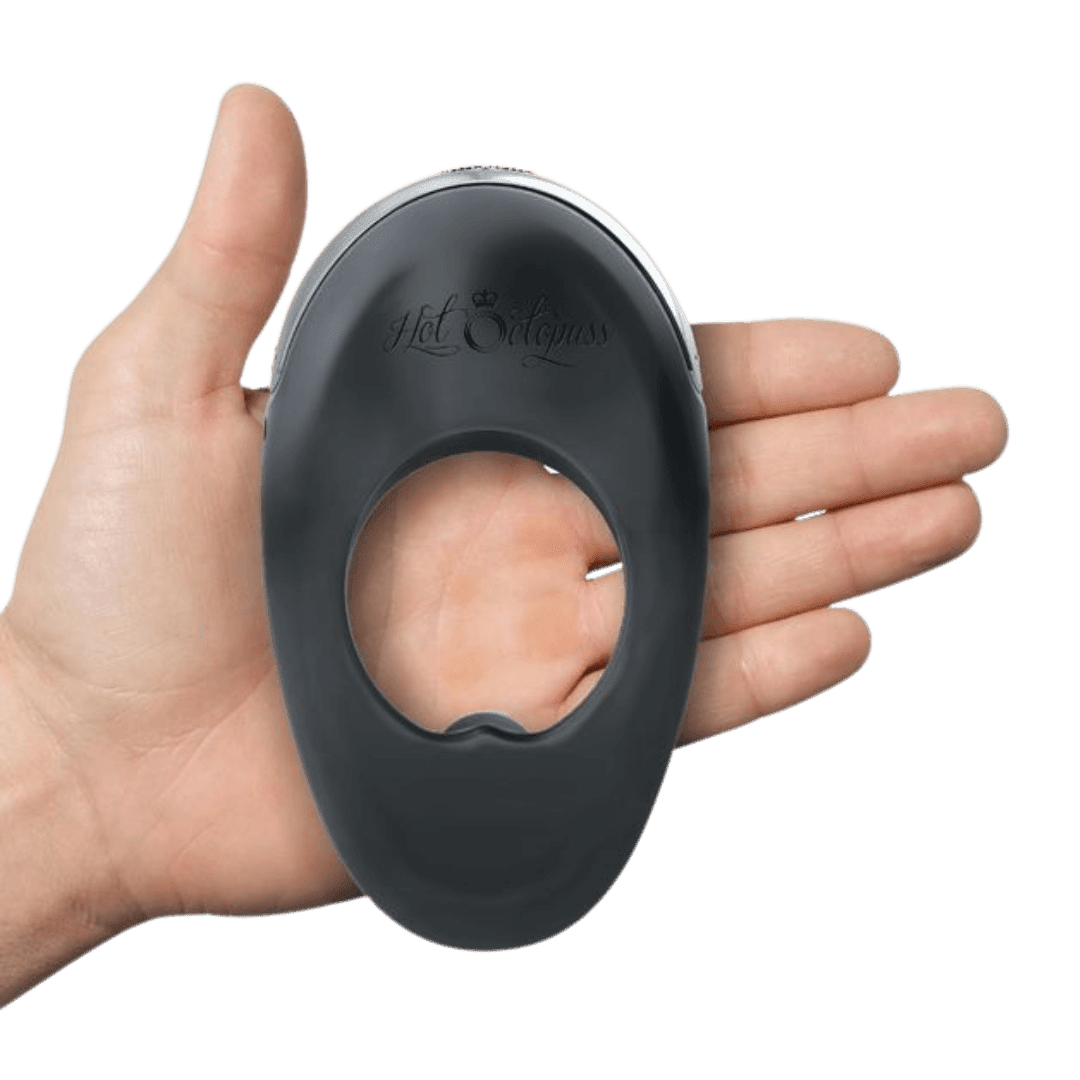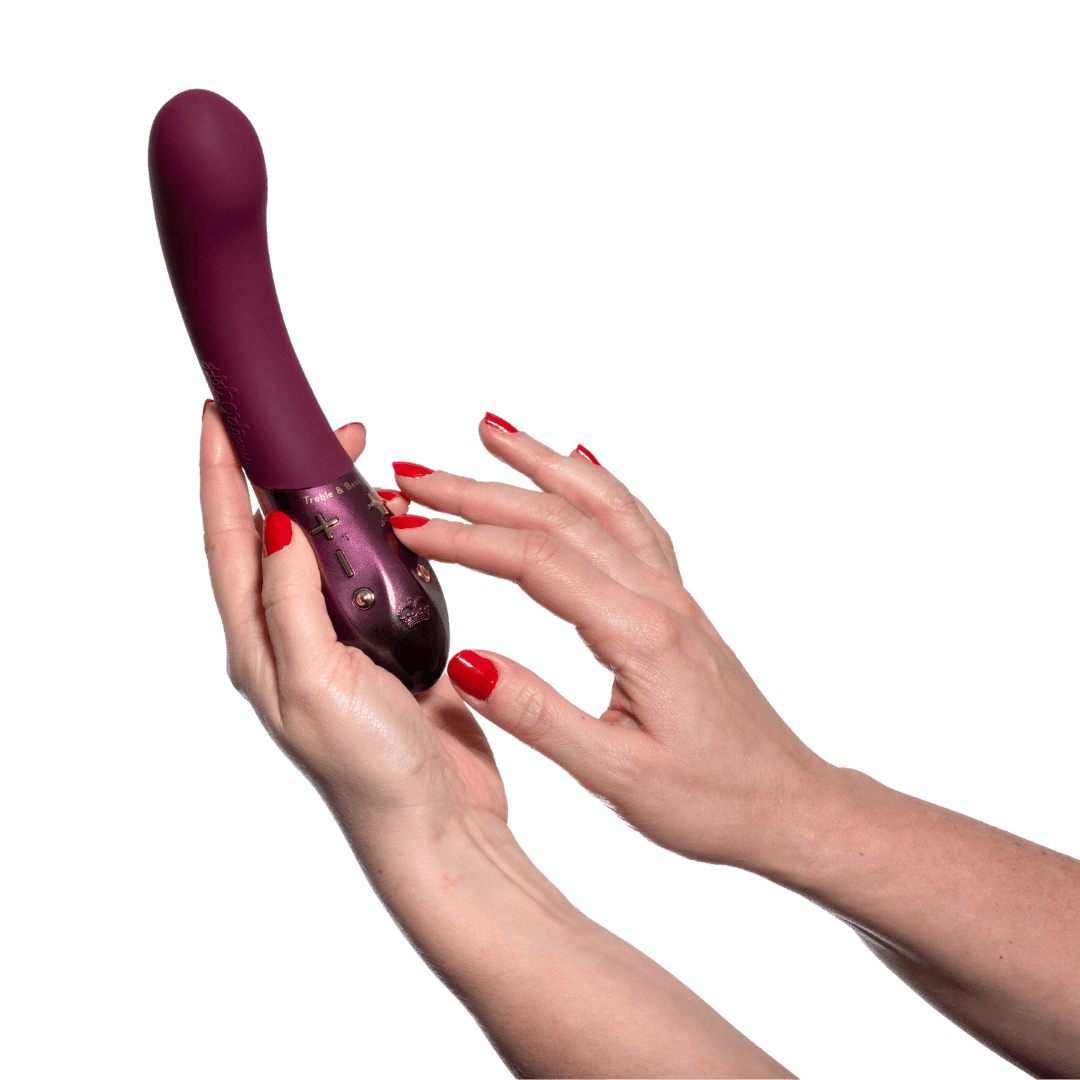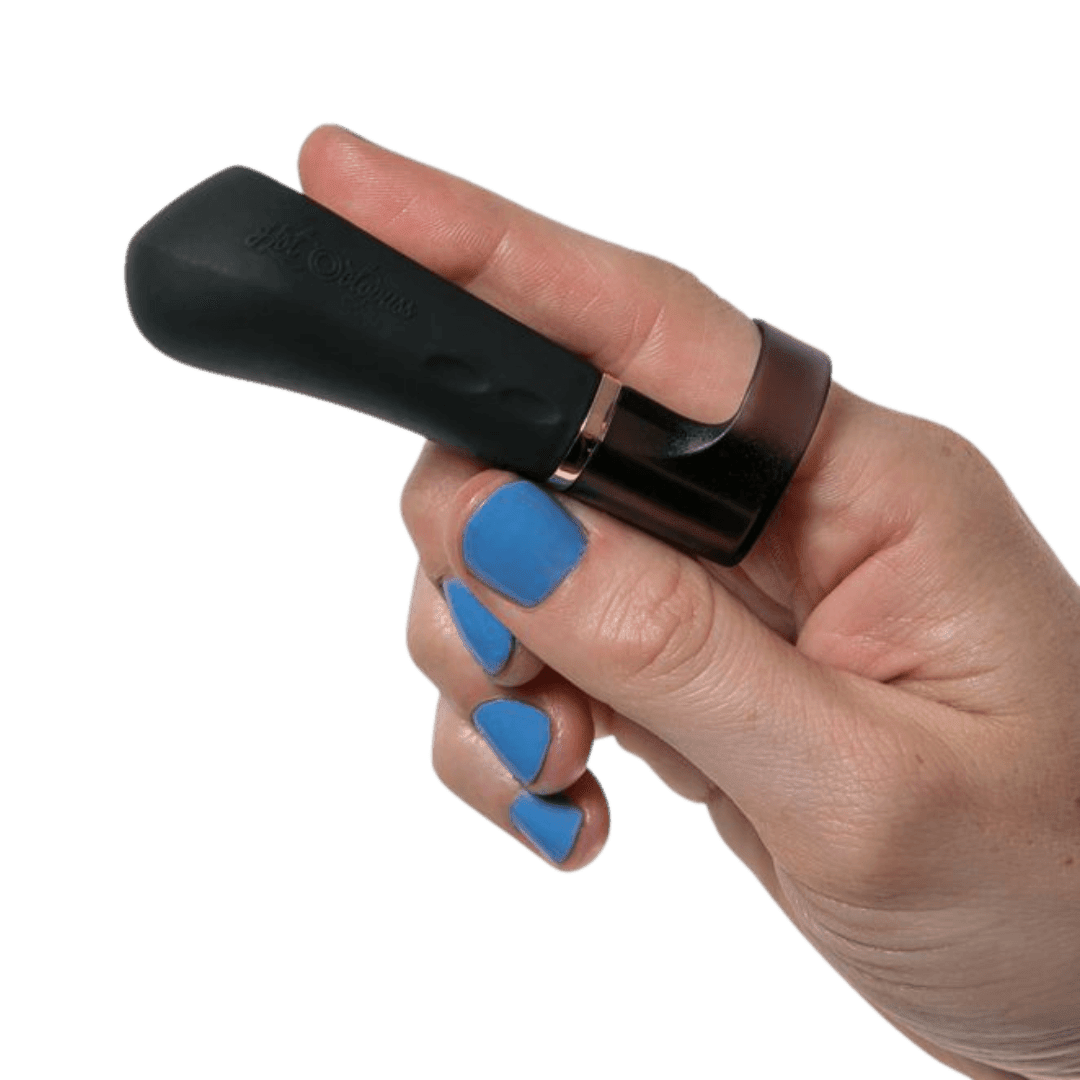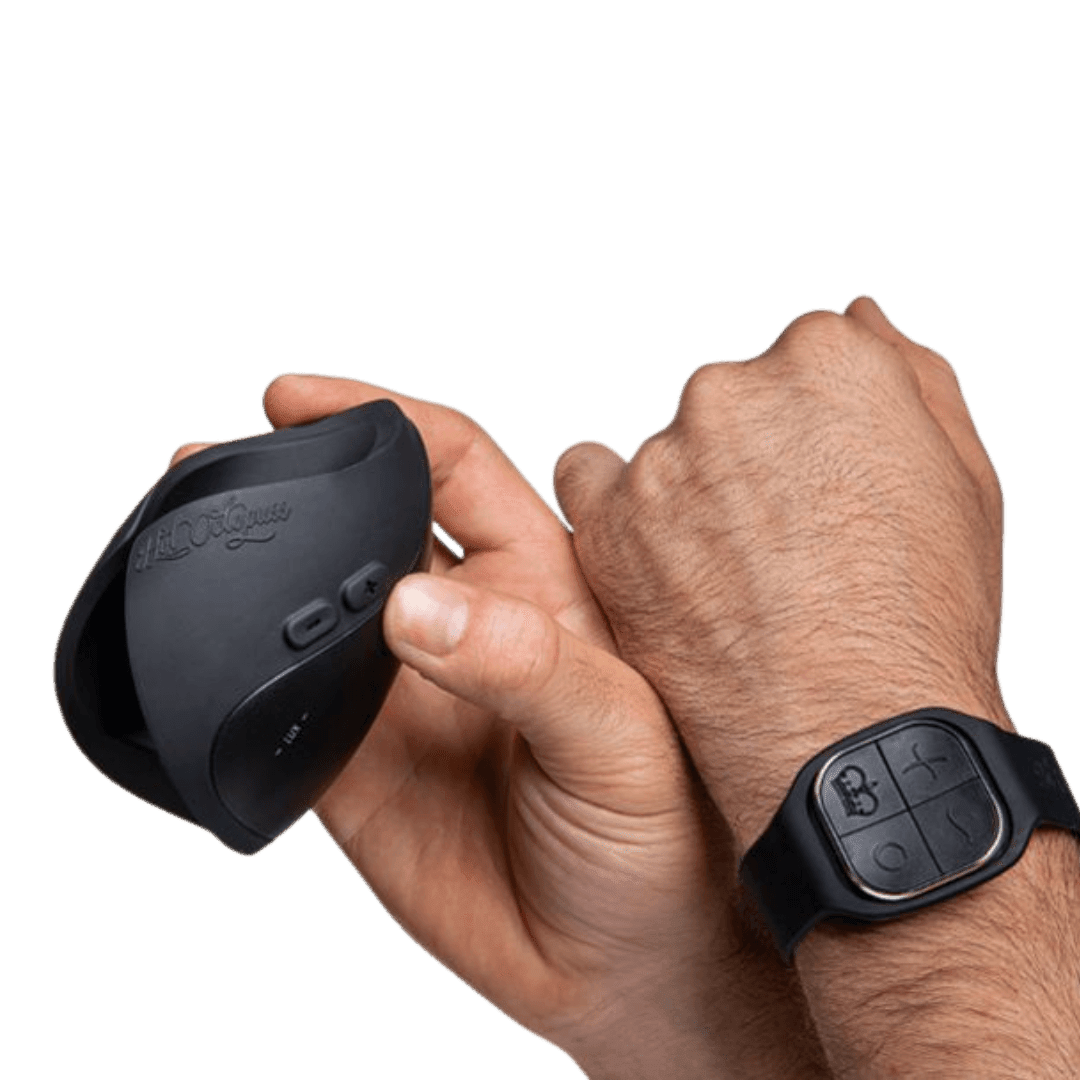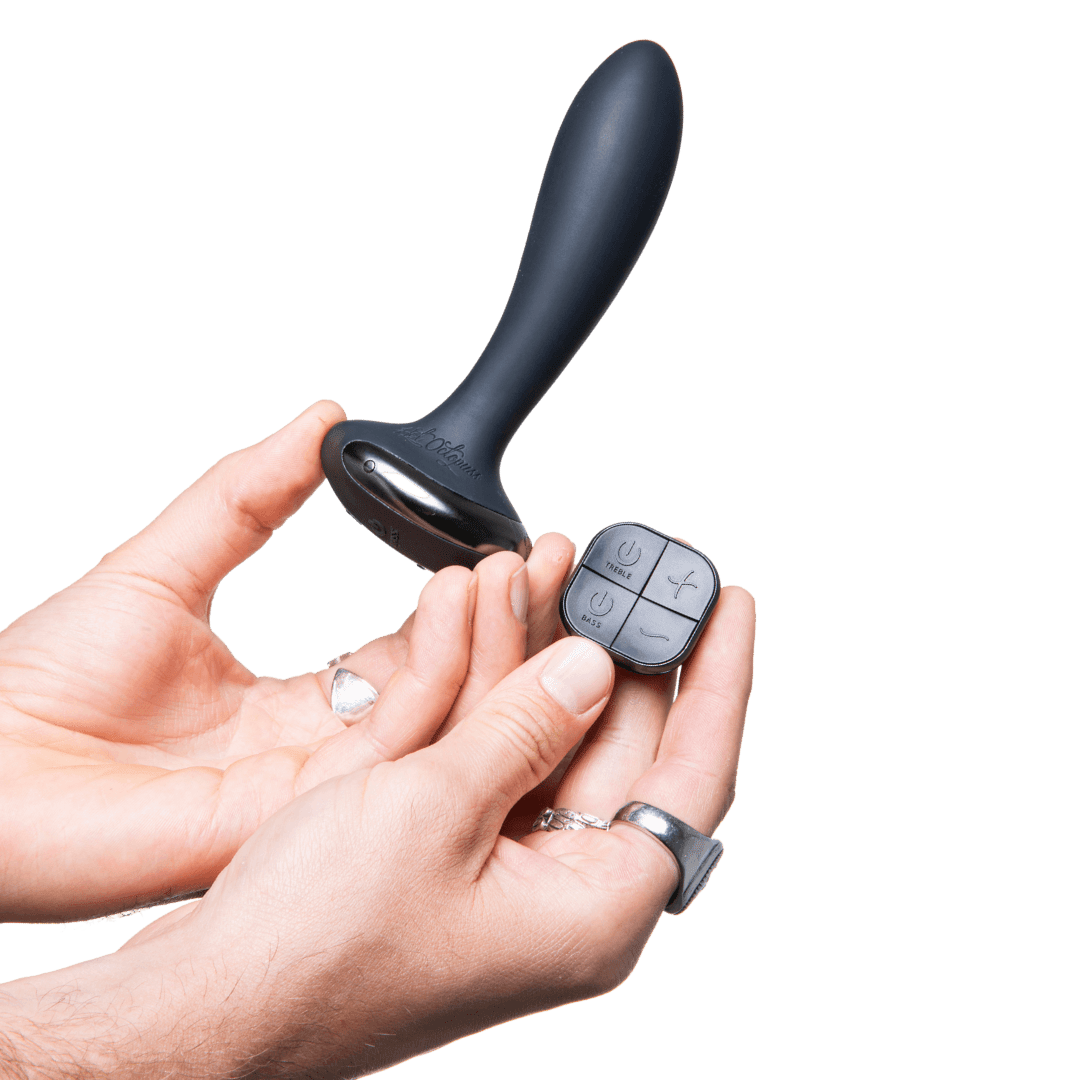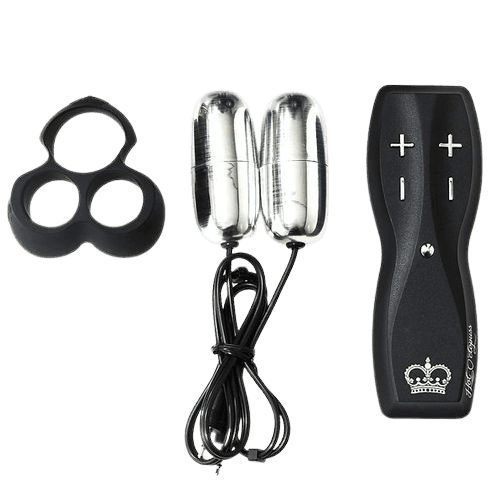What Is A Sex Educator?
14 September 2021


Excellent sex educators are so important for reducing stigma around sexuality. We look in detail at this fascinating field.
Here at Hot Octopuss, we’re passionate about sex ed. We aim never to stop learning and having intelligent conversations about sex.
However, we believe that as a society we need a culture change in the way we talk about sexual behaviour – with less stigma, shame, and embarrassment around specific topics. For example, BDSM and kink are often misunderstood and, sadly, not part of basic sex education.
So, we need excellent sex educators to help us learn and challenge our thinking. Especially those who work outside of the mainstream areas – disability, sex in later life, LGBTQ+. The Edge is one resource, dedicated to the delicious pursuit of sex and wellness, and a platform for different voices. It’s shown us how diverse sex education is – definitely not one-size-fits-all! Let’s find out more about this fascinating field of study.
What is a sex educator?
A sex educator helps others to learn about sexuality and challenges us to broaden our perceptions of what ‘sex’ is.
Our first role models around sex are usually our parents – how they communicate with each other, attitudes towards nudity, how they talk about their bodies – teaches us a lot that we take into our adult lives. As we get older, doctors, nurses, teachers at school, friends and later our sexual partners, also pass on messages and information about sex. Some of which helps, some of which perhaps doesn’t.
Sex education includes the topics of sexual health and wellness, reproductive anatomy, sexually transmitted infections, and practical sex tips and techniques. It also explores the psychological and emotional side of relationships – fantasies, desires, consent, and crucially, how to talk about sex. Challenging at any age! Being a sex educator can be as simple as a conversation with friends and family, it can involve running a sex blog in your spare time, or you can train to become a certified sex therapist to teach others professionally.
Why do we need adult sex ed?
As our bodies and minds change, so do our sexual responses, and we may need to do things differently. We want new experiences. Sex education is a journey: it can help us unlearn toxic patterns from childhood, shame and stigmas around STIs, and improve on non-existent sex ed classes at school, which often had a narrow definition of sex as monogamous and heterosexual. “Condom on banana, don’t get pregnant.” Sound familiar?
Sex education that covers LGBTQ+ issues only became compulsory in UK schools last year – it’s due to start in September – while in other parts of the world it isn’t included at all. While the change in law in the UK is an amazing step forward, that still leaves generations of us who weren’t taught as young people that LGBTQ+ sex even existed, having to work everything out for ourselves.
Often people say they were taught the basics about reproduction at school but nothing about sex being pleasurable or how to pleasure yourself, let alone given information about the critical stuff like consent and abortion.
Where can I get good sex advice?
Unsurprisingly, the internet is our go-to resource for information about sex and there are lots of excellent resources. Sites like Scarleteen, O.School, Go Ask Alice, Reddit’s /r/sex, and The Future of Sex are just a few. And there are many amazing sex bloggers online sharing honest information about their sex lives and kickstarting conversations about taboo and misunderstood topics – check out Molly’s Daily Kiss’s 100 Top Sex Bloggers for just a taste of what’s on offer.
Meanwhile, we’ve teamed up with world-renowned senior sex educator Joan Price to launch our Senior Sex articles as a resource for the over-50s – to celebrate senior sexuality and break outdated stereotypes about the ‘sexless older person’. Joan rocks! We’re loving her work.
How can I learn more about BDSM and kinky lifestyles?
Read as much as you can. There are some fantastic books, websites and blogs out there exploring different aspects of kink play, alternative lifestyles, and how to play well with others. Check out some erotic podcasts. Find your local munch on FetLlife – the Facebook of the fetish, BDSM & kinky community. The kink scene is all about knowledge – consent and education are crucial, so there’s more emphasis on classes and community than sex parties. As the saying goes, “Your kink is not my kink, but your kink is OK.”
How do I become a certified sex educator?
Once you’ve answered the question ‘what is a sex educator?’, you may wish to pursue the path of becoming one. Here’s our guidance on how.
Immerse yourself in the field and think about what teaching style most appeals. What do you enjoy doing? How? Online training, writing, blogging, research, presenting? Find sex educators who inspire you and see how they do it. The internet has democratised learning, and you can do courses in human sexuality, counselling, sex coach training, a degree, or even a PhD in Sexology if that tickles your fancy!
There are several tracks you can take, including:
- Youth/school sex education – working in schools, community centres, teaching education programmes – this is a common route with lots of jobs.
- Adult sex education – running workshops, pleasure parties with sex toy companies, writing books or articles, presenting, sex coaching, agony aunt/uncle.
- Sex journalism – as above, writing about sex trends for websites and magazines. Blogging is an excellent place to start – share ideas, find your tribe.
- Public health/community – working in sex clinics, educating about STIs, HIV or pregnancy prevention.
- Therapy/counselling – becoming a counsellor or psychotherapist in the NHS or private practice. Many therapists go on to write books, do workshops etc.
- Artistic/creative – creating work to explore sexual themes, e.g. Eve Ensler’s Vagina Monologues.
- Academic/scientific/medical – doing sex research or teaching women’s studies with a focus on sexuality – e.g. gay, lesbian, bisexual and transgender studies.
- Advocacy/legal – lawyers who work for organisations or do lobbying work. Myles Jackman is an award-winning obscenity lawyer who specialises in sexual freedom and obscenity law.
A recent study by Kinkly found that readers trust sex educators with sexual issues more than they do doctors – perhaps because they have niche expertise, more time, and offer accessible (online) education. It’s definitely a growing field and the more people with diverse backgrounds and experiences who join it, the better.





